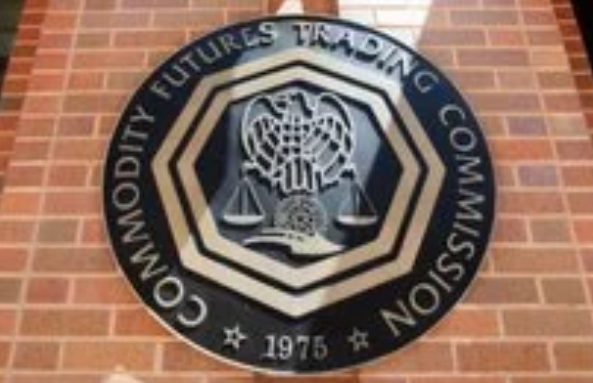CFTC’s Ian McGinley warned that the agency will continue to evolve with DeFi and “aggressively” pursue entities operating unregistered platforms catering to US individuals.
The Commodity Futures Trading Commission (CFTC) announced that it had initiated and successfully settled legal actions against the Opyn, ZeroEx, and Deridex platforms. The three decentralized finance protocols allegedly failed to register various derivatives trading offerings.
As stated in the official press release, Deridex and Opyn faced allegations of not registering as a swap execution facility (SEF) or designated contract market (DCM), failing to register as a futures commission merchant (FCM), and neglecting to implement a customer identification program in accordance with the Bank Secrecy Act compliance program, which is mandatory for FCMs.
CFTC Issues Warning Against DeFi Protocols
The three platforms were also charged with illegally offering leveraged and margined retail commodity transactions in digital assets. Opyn, ZeroEx, and Deridex were ordered to pay civil monetary fines of $250,000, $200,000, and $100,000, respectively, and to cease and desist from violating the Commodity Exchange Act and CFTC regulations.
In a statement, Ian McGinley, Director of CFTC’s Division of Enforcement, said,
“Somewhere along the way, DeFi operators got the idea that unlawful transactions become lawful when facilitated by smart contracts. They do not. The DeFi space may be novel, complex, and evolving, but the Division of Enforcement will continue to evolve with it and aggressively pursue those who operate unregistered platforms that allow U.S. persons to trade digital asset derivatives.”
Voice of Dissent
While the CFTC confirmed that all the companies have cooperated in the investigation, thereby getting a reduced financial penalty as a result, the community members are far from satisfied. Others have deemed the latest incident as an attack on the DeFi ecosystem.
Besides the crypto industry, CFTC commissioner Summer Mersinger also dissented in the enforcement vote and expressed concerns regarding the agency’s actions in the cases. Mersinger cited there is no evidence suggesting that customer funds were misappropriated or that any market participants were harmed by the DeFi protocols that were targeted by CFTC with its enforcement actions.
“I am concerned that the Commission in these cases is taking another step down the path of bringing enforcement actions when we should be engaging with the public. It is important to emphasize that “Enforcement First” has not always been the CFTC’s default position.”

